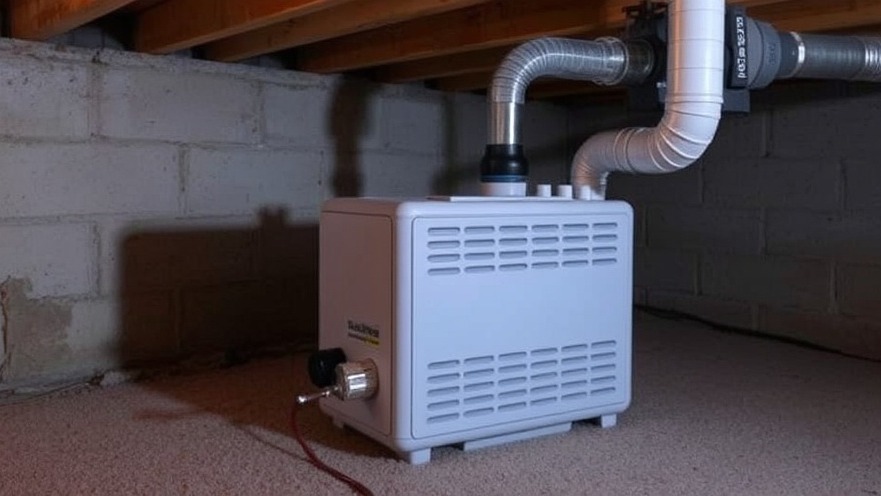
Understanding the Importance of Basement Garage Insulation
When tackling home improvement projects, insulation is often the unsung hero of energy efficiency. Basement garages, typically known for their cold floors and stark aesthetic, are no exception. Proper insulation in a basement garage can lead to significant energy savings, improved comfort, and even a more extended lifespan for the structure itself. Insufficient insulation can lead not only to higher energy bills but also to potential moisture and mold issues that could arise from temperature fluctuations.
Choosing the Right Insulation Material
The choice of insulation material for your basement garage can make all the difference. Common options include fiberglass batts, spray foam, and rigid foam boards. Each material has its unique benefits:
- Fiberglass batts are cost-effective and easy to install, making them ideal for beginners. However, they may not offer the best air sealing.
- Spray foam insulation provides an airtight seal and offers significant R-value per inch, making it suitable for various spaces, including the irregular shapes of many garage walls.
- Rigid foam boards can also be an excellent choice for their high insulating properties and moisture resistance, but they require a bit more skill to install correctly.
Installation Techniques: A Step-by-Step Approach
Proper installation is crucial when insulating your basement garage. Start by sealing all cracks and gaps in the walls and floors; this prevents cold air from sneaking in and also keeps moisture out. Next, if you're using fiberglass batts, measure your walls and cut the batts to size, then place them between the studs. For spray foam, follow the manufacturer's instructions carefully to ensure an even application. Finally, finish your insulation project by covering the insulation with a vapor barrier.
Benefits Beyond Energy Efficiency
Beyond the immediate savings on heating and cooling costs, well-insulated basement garages can enhance user experience. A more temperate environment allows for comfortable use of the garage for activities such as woodworking or car maintenance during colder months. Moreover, homes with adequately insulated garages typically see improved resale values, making it a worthwhile investment.
Common Mistakes to Avoid
During the insulation process, homeowners can sometimes overlook critical aspects that lead to suboptimal results. One common mistake is failing to account for the garage's ventilation needs. Poor ventilation can create humid conditions, leading to mold growth regardless of insulation. Additionally, many do not consider the importance of insulating the garage door itself, an area that can significantly influence the overall thermal performance of the space.
Final Thoughts: Taking the Next Steps
Insulating your basement garage is a project that pays off in energy savings, comfort, and home value over time. If you're considering taking on this task, now's the time to gather materials and seek professional guidance if needed. By investing in proper insulation, you're investing in the long-term health and efficiency of your home.
 Add Row
Add Row  Add
Add 






Write A Comment